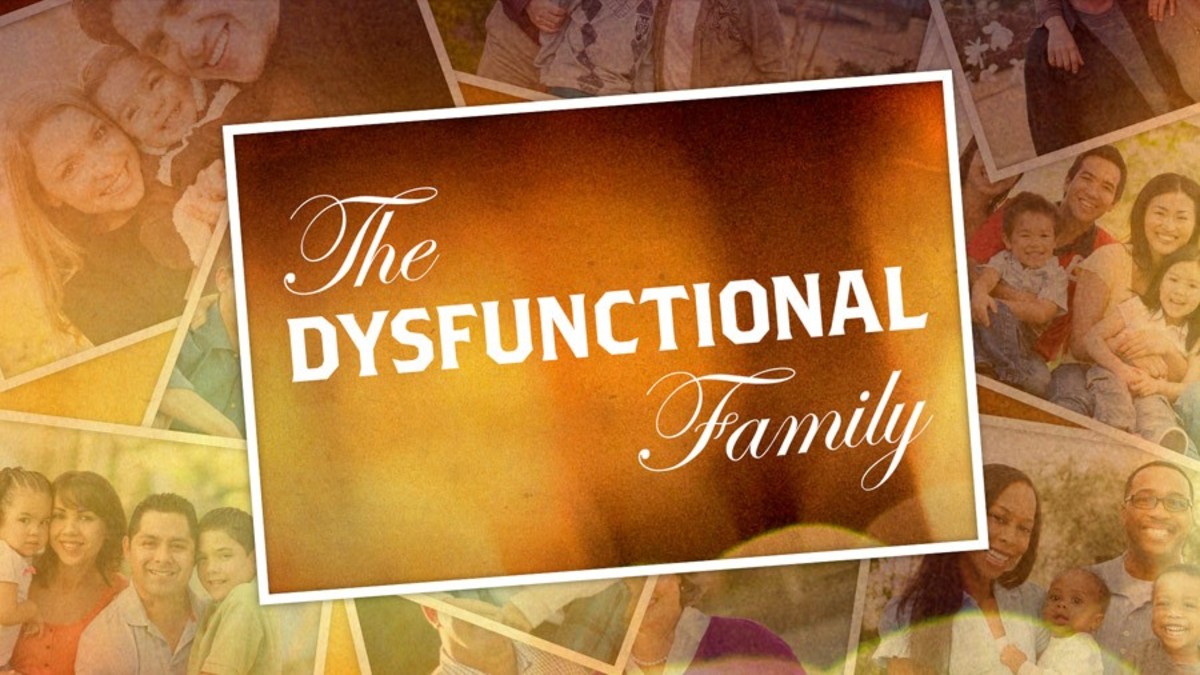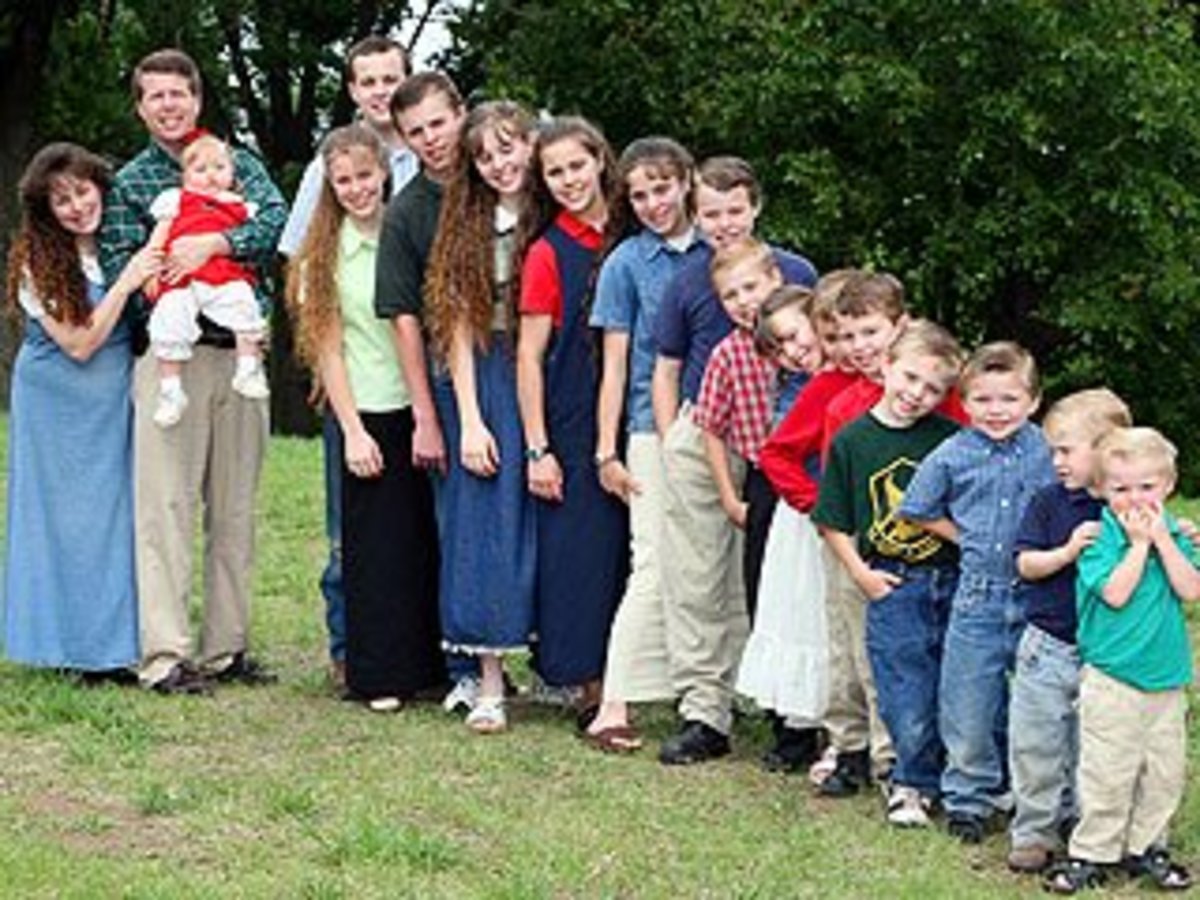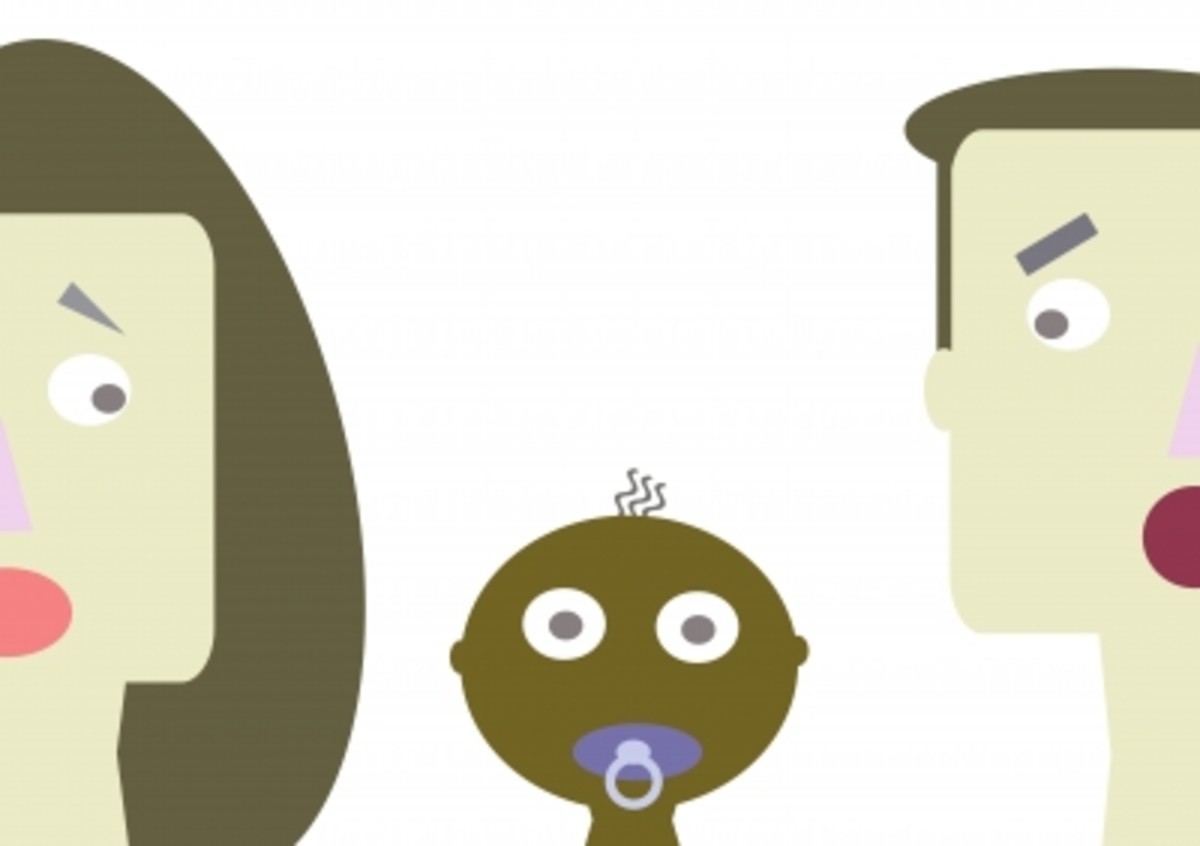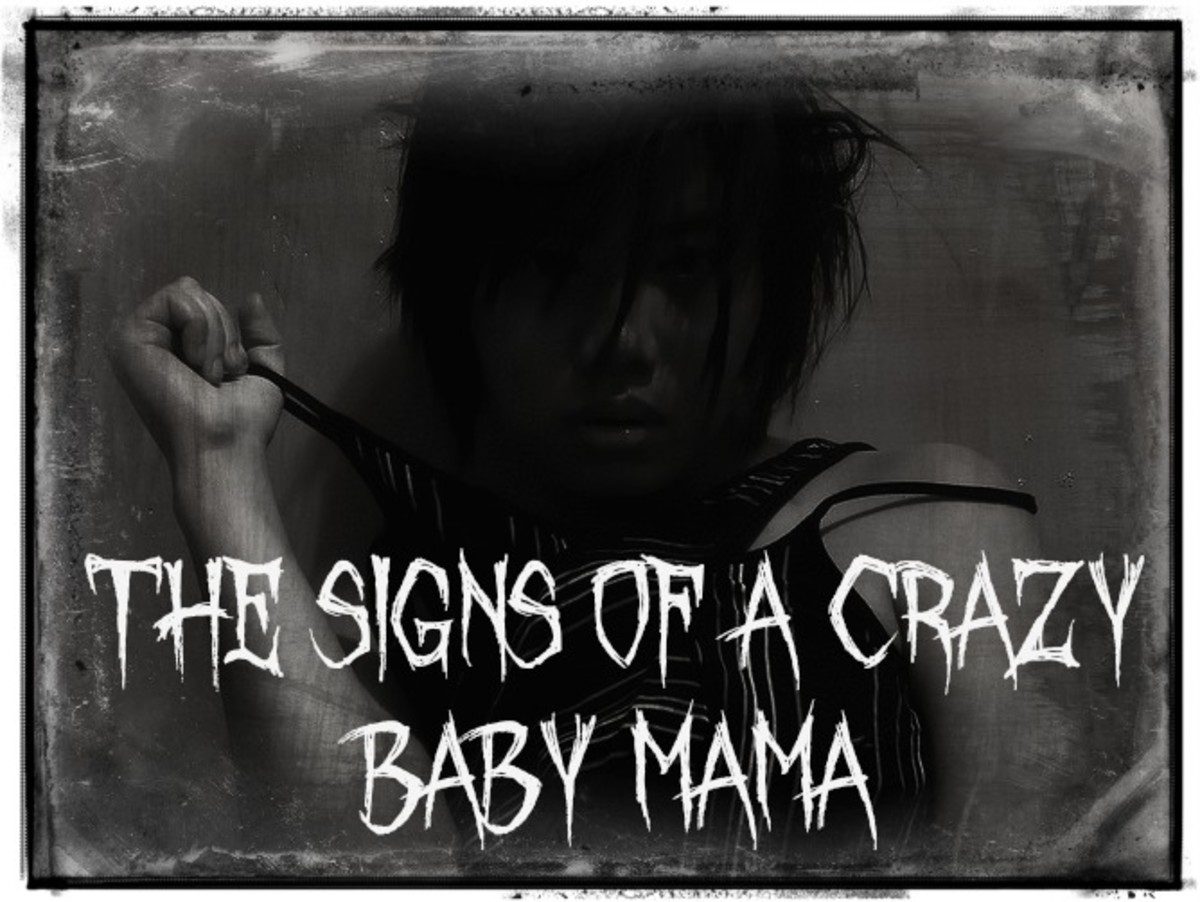Family and Emotions
Family Dynamics

What is a Dysfunctional Family?
The family plays a tremendous role in how our feelings evolve. We are shaped by how well our family functions. Each member of a family fulfills a part, a role that fits the specific needs of the unit. The parts we play to satisfy other members of the group do not necessary fulfill our own needs or benefit our personal development. Often the needs of any one member may be bypassed so that the family survives. Children, frequently are sacrificed, their feelings are devalued or ignored. They do not learn to fulfill their own needs in a healthy and satisfying way. This can cause many problems
What is a dysfunctional family?
When parents don’t respond to the needs of their children, and put their own needs upon their children, there is family dysfunction.
People often leave their family of origin, the home they grew up in, and hope they will leave the drama and the issues behind. The reality is, that most of us, repeat what we have grown up with. Perhaps because familiarity is comfortable we gravitate towards what we know. Our experiences, the problems we have grown accustomed to, the feelings that breed similarity to the patterns that we recognize, and the way we are used to being treated follow us from our childhood home to the home we make as an adult.
No Family is Perfect
Children who grow up in a nurturing and supportive family have a better chance of forming healthy relationships as adults. Some families are dysfunctional and fail to provide in the best interests of the children’s physical and emotional needs. This can cause damage to their ego, their self value, and feelings of worthiness. When children have a lower self esteem and feel that they are unimportant and their needs don’t matter, they may form relationships that are unsatisfying into adulthood.
Family dysfunction can interfere with how we process our feelings. Some people are overwhelmed by the dysfunction they had to deal with and never fully process their feelings about it. Some families do not let their members express their emotions of anger,fear or sadness. Some families smother their emotions with alcohol or drugs, never allowing their feelings to be felt. Some families are so filled with pain, and guilt, anxiety, resentfulness and shame, they don’t have a place for their feelings.. People from families like these can get disconneced from their emotions. As adults, they don’t process any feelings, and this can lead to mental health problems, relationship issues, problems with their self esteem and an overall feeling of being unfulfilled. It can even affect their perception of reality.
No family is perfect. Families, yell, have misunderstandings, hurt each other, strike out at each other, and live with tension among each other. In healthy families, each person can ask for and get their needs met. There are consistent rules and the family adapt to changes as they occur. In healthy families, each person’s individuality is appreciated. They get encouragement and exposure to new things so that they can develop their own interests. Each family member has boundaries that are respected. Each member has responsibilities, and can be consistently relied on. Feelings are honored, and emotions are free to be expressed. In families that are healthy, mistakes are okay, but there is support, unconditional love, and trust among each other. Children in these types of families grow up knowing themselves, trusting their feelings, and more easily express their emotions. When children have their fundamental needs met, they will feel accepted and valued by their parents. Their child’s uniqueness and preciousness is encouraged. When our needs are met as children, we learn to meet our needs as adults in constructive and healthy ways.
Even Functional Families Can Become Dysfunctional for a Time
All families, even functional ones, can become dysfunctional at one time or another. When there are financial issues, marital discourse, illnesses, or any number of events that can befall a family, the unbalance these present can cause the family to become dysfunctional. A healthy family will rebound, the dysfunctional family will not.
How Dysfunctional Families Affect Children
In dysfunctional families, often parental needs,including emotional needs take priority over the children’s. Some children in these families grow up too fast and never fully develop emotionally. The child learns that their needs and emotions will not be met, and so they adapt to ignoring their own feelings. In families where the parent or parents are controlling, the children may not be able to freely state how they feel. They are controlled and dominated by others, and their emotional needs are not met. This can pose problems into adulthood, as they try to separate themselves from their domineering parents.
Children from alcoholic families live with unpredictability. They never know the mood, or behavior their parent may exhibit from one day to the next. Children are usually prohibited from expressing their feelings, and even if they did express them, their feelings would not be acknowledged. They must keep the alcoholism a secret, which makes them feel shame and guilt over their family situation, and so no one gets help. Children can often feel frustrated, angry, insecure, and overwhelmed by the feelings they never get to process. They grow up having difficulty expressing their emotions, they may mistrust others, and have trouble forming deep relationship bonds. They may continue the family legacy by becoming alcoholics themselves.
Children who grow up with abuse, whether it be physical, sexual, or verbal are damaged by the affects of this kind of ill treatment. It can have devastating and lifelong effects. Parents are usually abusive to meet their own emotional shortcomings. Abused children can grow up angry, and distrustful of others. There are many detrimental affects to children who are victims of abuse.
Families are like fingerprints. No two are exactly alike. There are many internal and external factors that affect the family unit. And for every family, there are family members that come out fine living in a dysfunctional household, and some people who don’t evolve well from functional families. There are factors like resiliency and other people who can influence and change the path the family set for the child.
There are no hard and fast rules, just generalizations. Some people who grow up with dysfunctional families are very empathetic towards others. As part of their survival mechanism, they have learned to channel their feelings in a positive way. Some children are resilient and grow up functioning well despite the hardships they endured. Some people seek therapy and it helps them to learn about their behaviors, and develop new healthier ones. It is never too late to learn about ourselves and understand how our families impacted our own emotional well being.
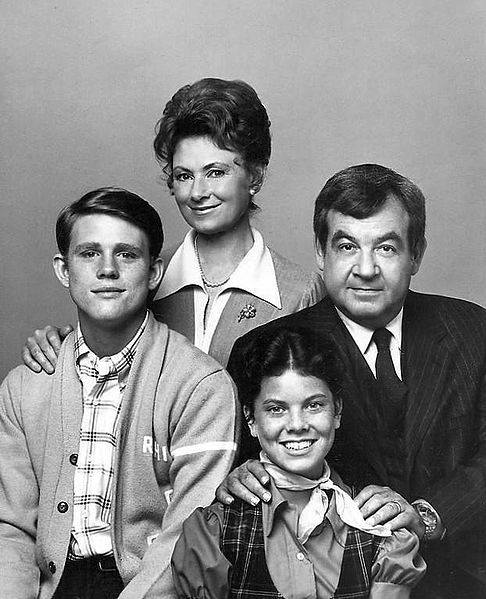
Family Dynamics and Children's Feelings
Children from dysfunctional families deny their own feelings and may even pay more attention to other people’s feelings, as they neglect their own feelings. People who grew up among dysfunction are sensitive to others, sometimes overly sensitive. If you are a person who is neglecting your own needs, become aware of what you are doing to yourself. Take steps each day to identify your needs and what you are experiencing. Affirm your feelings, and respond to them. You are an okay person, and you deserve to have your needs met too. Give yourself permission to share your feelings. Ask for help, and surround yourself with supportive people who will give you what you need and deserve.
As you explore your feelings, you might find that you are angry about events that happened to you. Let yourself feel angry. Part of healing is letting yourself feel wronged by what you went through. You might want to forgive your parents, but you need to heal first and uncover all the buried feelings you never let yourself feel. Forgiveness is actually the last step, not the first step in healing.
Children who take on responsibility that their parents should have taken on, often feel shame and guilt for doing an imperfect job. It is only natural, a child is not equipped to handle the things adults can. As adults, these children, will have low self esteem. They deny their own feelings of anger. Support groups are helpful as are people in your life that you can turn to for love and nurturing. You don’t want to live your life trying to get revenge, being resentful, and dealing with negative feelings that fester within you. This type of behavior is self defeating and will impact every relationship you have, the interactions you have with co-workers, and many social situations. When will you decide it is time for you to make things better for yourself and change? Because you can.
You Can Learn to Express Your Feelings Better
As children, we observe the dynamics of our family interactions. Our parents become role models for expression of our feelings. Our family life has a tremendous impact on how we think, how we behave, and how we feel about ourselves and the rest of the world. We develop core beliefs, we carry around forever.
Our family has a major influence in how we feel about ourselves, the people we encounter, and our perceptions of events that occur. Our opinions, our beliefs, and our well being are a product of what we grew up with. Not all of what we learned and observed is ideal. Emotions can get stifled by an unhealthy childhood environment. Unresolved feelings can interfere with a lifetime of happiness.
The best news is that our feelings are not bound by the family we grew up in, by the parents who raised us, by the toxic people who are in our lives, or by the events that may evoke memories forever. We have the choice to make changes, to grow, and to allow ourselves to feel our emotions, whether they be bad or good feelings. We can allow ourselves to experience life more fully through a better understanding of who we are, what we need, and how we are feeling.


